Build Your Child's Money Skills: Top Tips for Financial Literacy
In today’s fast-evolving financial landscape, understanding money matters from a young age is more important than ever. It’s not merely about saving pennies; it’s about laying a solid foundation for wise financial decisions in the future. Educating our children about financial literacy is a core part of securing their future independence and success. But why start so early, and what’s the real impact?
Instilling financial literacy in kids equips them with more than just knowledge of numbers and transactions. It arms them with critical thinking, problem-solving, and the ability to make informed financial decisions. These skills, when developed early, can influence their lifelong relationship with money. More than ever, understanding financial concepts and the value of money helps kids transition more smoothly into financially savvy adults.
As we delve into this topic, we invite you to explore financial literacy's vital role. From helping kids understand the fundamental concepts of earning, saving, and investing to recognising money's impact on their everyday lives, we will uncover the essentials of nurturing financially literate young minds. Let's empower the next generation with the tools they need to navigate the complexities of money management.
Why Financial Literacy Matters for Kids
Understanding the value of money and the basics of managing it are as crucial for kids as their academic education. Financial literacy is more than just handling cash; it’s about making sensible decisions with resources available.
When we teach our kids about money, we're not just talking about savings; we're discussing how to prioritise spending, the importance of budgeting, and the concept of investment. These lessons instil a sense of responsibility and encourage analytical thinking about long-term consequences, which are invaluable skills in any aspect of life.
Kids who learn about financial principles early often develop a stronger understanding of value, which can protect them against imprudent spending in the future. They're more likely to set goals and understand the steps needed to achieve them, including financial goals.
This foresight is essential in an ever-more complex financial world where decisions made today can have long-term impacts on one's financial health. By embedding these principles early, we pave the way for our children to become confident, capable adults who can navigate their financial journey with wisdom.
Essential Money Management Skills for Different Age Groups
As children grow, their capacity to understand and engage with financial concepts evolves, so their learning should adapt accordingly. For youngsters aged 3-5 years, the focus should be on recognising coins and notes, understanding what money is used for, and beginning to practice basic exchanges like buying a small treat with pocket money. This sets a foundation for what money physically represents.
We can introduce more structured concepts for children aged 6-12, such as saving for a desired item, which teaches patience and planning. It’s also an apt age to start small allowances for chores, tying hard work to financial reward.
As they approach their teenage years, they can handle more complex topics like budgeting their allowance, and understanding simple interest, and investment basics. This gradual escalation keeps them engaged and builds their confidence as they apply what they learn at each stage.
Each age group benefits from customised learning milestones that cater to their understanding and curiosity, ensuring educational and enjoyable financial lessons. By scaffolding their knowledge this way, we strengthen foundational concepts, enabling more complex financial decision-making as they mature.
Interactive Tools and Resources to Teach Financial Concepts
Incorporating financial education into our kids' daily lives can be fun and effective, especially when we use the right tools. Interactive financial tools and resources have become invaluable for children to understand complex financial concepts in an engaging way.
From mobile apps that simulate budgeting and investing to online games designed to teach the value of saving money, these resources can help kids learn important lessons hands-on.
We can turn to websites offering virtual stock market experiences or savings simulations that demystify terms like 'investments' and 'interest rates' and impart crucial financial wisdom through practical application.
Children can learn through play by tapping into these digital resources, making complex concepts accessible and interesting. These tools provide practical financial scenarios for children to navigate, cementing their learning and preparing them for real-world financial decision-making.
How Parents Can Model Positive Financial Behaviours
One of the most direct ways we can teach our children about money is by modelling positive financial behaviours ourselves. When kids see us setting budgets, saving diligently, and making thoughtful spending decisions, they absorb these habits subconsciously. Conversations about money, involving children in financial planning like holiday budgets, or explaining why we're saving for a big purchase can all contribute to their financial literacy.
Involving kids in discussions about financial challenges and how we’re tackling them not only prepares them for future setbacks but also shows them that financial planning is not just about managing money but also about handling life's unpredictable elements. Demonstrating the importance of an emergency fund or the benefits of comparing prices can teach children valuable lessons on financial preparedness and smart spending, paving the way for a financially sound future.
Empowering Your Child: Essential Financial Literacy Skills Every Kid Needs
Ensuring our children are financially literate is as crucial as their academic education. By integrating financial management lessons early in life, using interactive tools, and practising what we preach, we make it easier for the next generation to navigate the complexities of financial decision-making confidently. Remember, the goal is to equip our kids with the knowledge of how money works and the wisdom to use financial resources responsibly and effectively.
At Thriving Wealth, we are dedicated to empowering you and your family with the tools and knowledge necessary to achieve financial literacy and independence. Connect with our financial advisers in Australia today to learn more about how we can help you secure a prosperous financial future for you and your loved ones.

